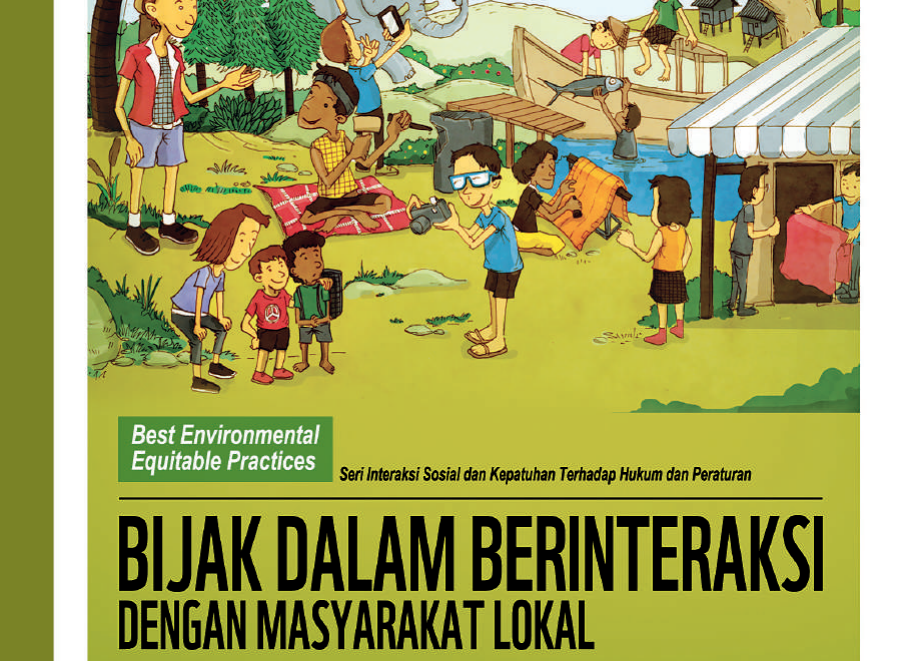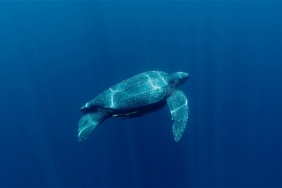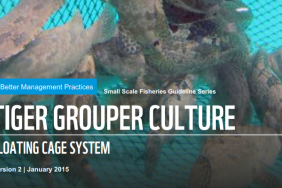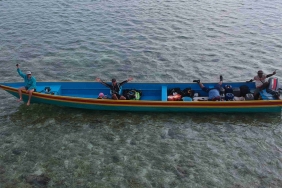BEEP - SOCIAL INTERACTION AND COMPLIANCE WITH LAWS AND REGULATIONS SERIES
Tourists have many reasons for traveling. Some of these reasons include wanting to gain new experiences, learn about cultures and languages, or even enjoy leisure time in a different way. To achieve these goals, most people choose to visit tourist sites that have unique cultures, locations, languages, and so on. On the other hand, these areas of interest are vulnerable to outside influences, hence local communities with their traditions also need protection from the negative impacts of irresponsible tourism.
Travelers and tourism businesses are key figures in strengthening sustainable tourism policies in Indonesia. They have a strategic role to promote social and cultural values, as well as strengthen the economy of local and indigenous communities.
Therefore, this guide should be used as a guide in an effort to minimize the negative impacts of tourism activities as early as possible. The adoption of practices based on the Best Environmental Equitable Practices (BEEP) is expected to help tourism development to be sustainable. Not only that, the application of BEEP is also intended to help strengthen the bargaining position of local and indigenous communities so as to ultimately encourage a movement for sustainable management of natural, business and social resources.
This guidebook was developed by the WWF-Indonesia Responsible Marine Tourism Program (Responsible Marine Tourism Program) team with the support of a number of practitioners and academics. Given the wealth of information on practices for interacting with social and indigenous communities, as well as on legal compliance, the guide is dynamic for future changes, and can be developed as the knowledge and experience of relevant parties becomes available.





